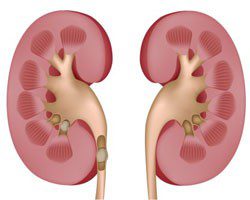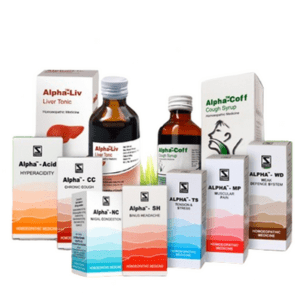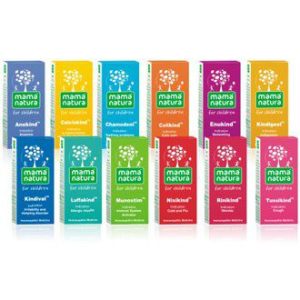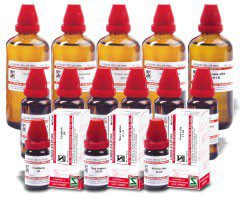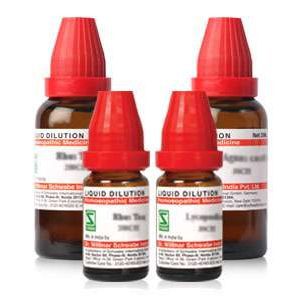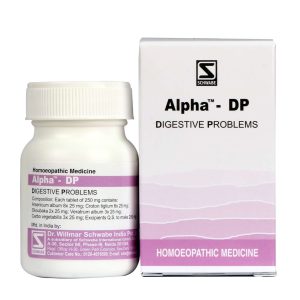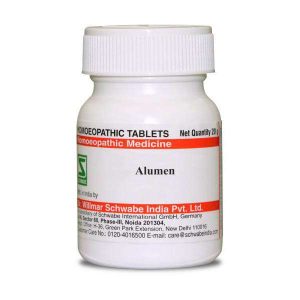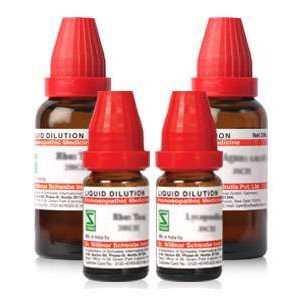
The Multifaceted Understanding of Aesculus hippocastanum
Abstract: Aesculus hippocastanum, commonly known as Horse Chestnut, has long been utilized in traditional medicine, especially in homeopathy, for treating hemorrhoids, liver disorders, and venous insufficiency. Recent research highlights its broader pharmacological potential, including anti-inflammatory, hepatoprotective, neuroprotective, anticancer, and dermatological actions. This review synthesizes historical homeopathic knowledge and contemporary scientific studies, emphasizing its efficacy in venous insufficiency, anti-aging, antioxidant protection, and therapeutic applications in various cancers such as those affecting the lung, colon, breast, kidney, liver, pancreas, thyroid, and bone. Despite documented therapeutic benefits, caution is recommended due to potential toxicities, including cardiac, hepatic, pancreatic effects, and bleeding disorders. Integrating clinical verifications from homeopathic practice with emerging pharmacological evidence could further enhance the therapeutic applications and safety profile of Aesculus hippocastanum.
Keywords: Aesculus hippocastanum, Horse Chestnut, Homeopathy, Venous insufficiency, Antioxidant, Neuroprotection, Hepatoprotection, Anticancer, Toxicity.











